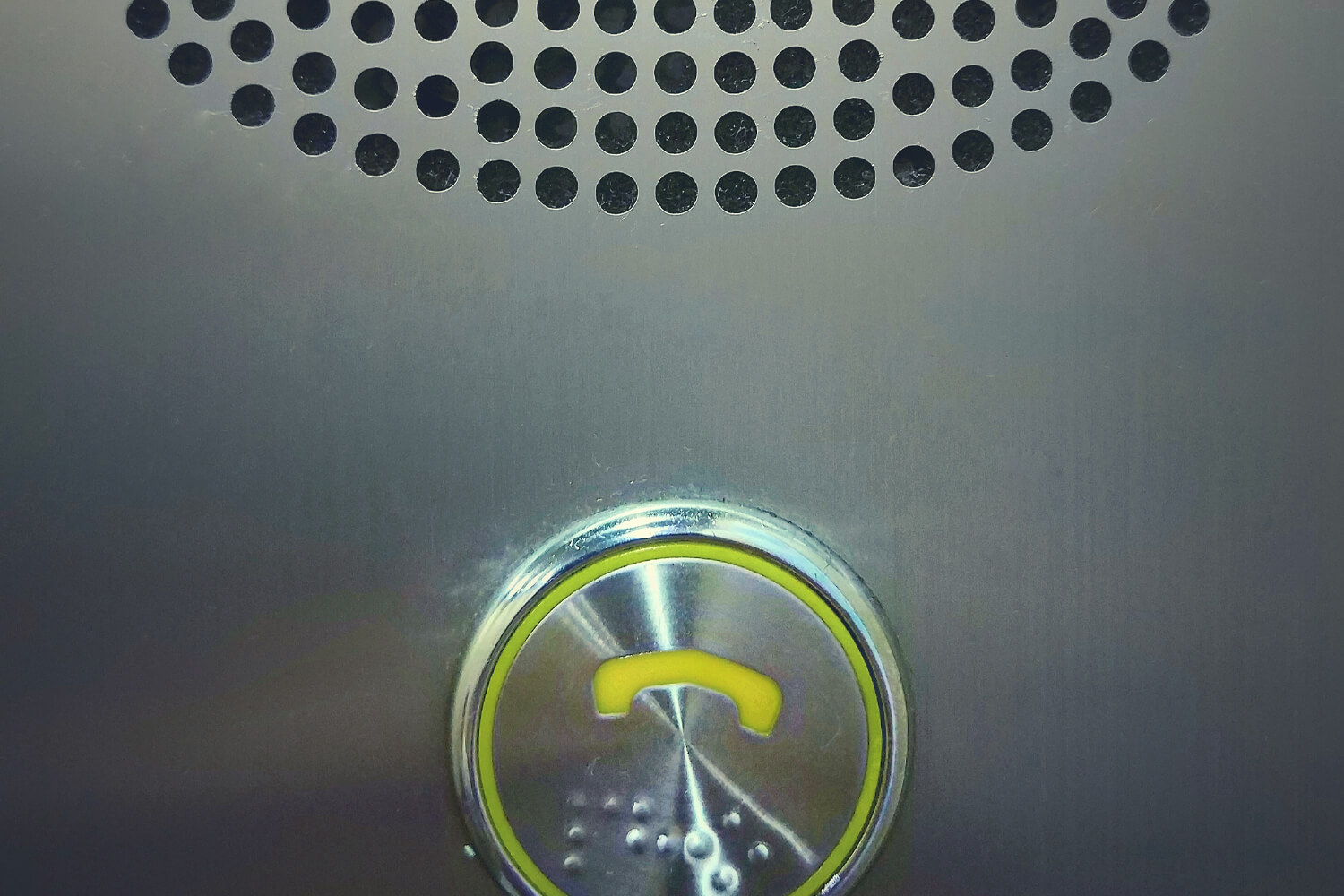Elevator phones, also known as emergency phones, are a critical safety feature in many buildings. They allow people to call for help in case of an emergency, such as a power outage or a medical emergency.
What is an Elevator Phone?
An elevator phone is a type of telephone that is installed in an elevator. It is designed to provide a direct line of communication to a central monitoring station, allowing people to call for help in case of an emergency. Most elevator phones are equipped with a speaker and a microphone, so that the person on the other end of the line can hear what is happening in the elevator.
Types of Elevator Phone Systems
There are several different types of elevator phone systems available, each with their own unique features and capabilities.
- Analog Systems: Analog elevator phone systems use a traditional telephone line to connect the elevator phone to the central monitoring station. These systems are relatively simple to install and operate, but they are not as reliable as more modern systems.
- Digital Systems: Digital elevator phone systems use a digital connection to connect the elevator phone to the central monitoring station. These systems are more reliable than analog systems and offer better sound quality. They also typically include features such as automatic call routing and voicemail.
- Cellular Systems: Cellular elevator phone systems use a cellular connection to connect the elevator phone to the central monitoring station. These systems are the most reliable of all, as they do not rely on a traditional telephone line. They also offer the added benefit of being able to make calls even if the power is out.
- VoIP Systems: VoIP (Voice over Internet Protocol) elevator phone systems use an internet connection to connect the elevator phone to the central monitoring station. These systems offer the same features as digital systems, but they are also more cost-effective as they do not require additional phone lines.
How Does an Elevator Phone System Work?
An elevator phone system is connected to a central monitoring station, which according to elevator emergency phone requirements, should be staffed 24/7 by trained operators. When someone in the elevator needs assistance, they can use the phone to call the central monitoring station. The operator will then be able to speak to the person in the elevator, assess the situation, and dispatch the appropriate help if needed.
In addition to providing a direct line of communication to the central monitoring station, elevator phone systems may also include additional features such as automatic call routing and voicemail.
Automatic Call Routing
An automatic call routing feature allows the elevator phone to automatically route a call to the appropriate person or department, based on the type of emergency. For example, a medical emergency call would be routed to a hospital, while a power outage call would be routed to the building’s maintenance department.
Voicemail
A voicemail feature allows the operator to leave a message for the person in the elevator, in case they are unable to answer the phone. This can be useful in situations where the person in the elevator is unable to speak or is unconscious.
Benefits of Elevator Phone Systems
Elevator phone systems offer several benefits, including:
- Improved Safety: Elevator phone systems provide a direct line of communication to a central monitoring station, allowing people to call for help in case of an emergency.
- Increased Reliability: Modern elevator phone systems are more reliable than older analog systems, ensuring that calls will go through in case of an emergency.
- Automatic Call Routing: Automatic call routing ensures that calls are directed to the appropriate person or department, improving response times and ensuring that the correct help is dispatched.
- Voicemail: A voicemail feature allows the operator to leave a message for the person in the elevator, in case they are unable to answer the phone.
- Cost-effective: Some systems like VoIP systems are more cost-effective as they do not require additional phone lines.
ELEVATE Monitoring: Elevator Phone Monitoring Services
Elevator phone monitoring services, like those offered by ELEVATE Monitoring, provide additional peace of mind by ensuring that elevator phone systems are properly maintained and that calls are answered in a timely manner. These services typically include regular testing of the elevator phone system, as well as monitoring of the line to ensure that calls are going through.
ELEVATE Monitoring’s monitoring services also include automatic call routing, voicemail, and the ability to dispatch emergency services if needed. This ensures that help will always be available in case of an emergency. Contact ELEVATE today to learn more!



